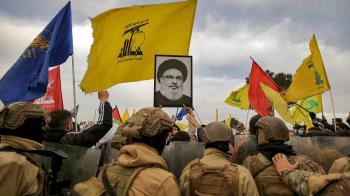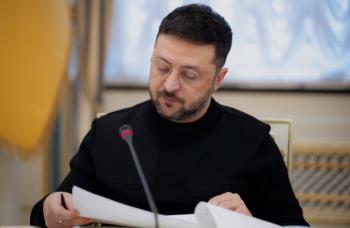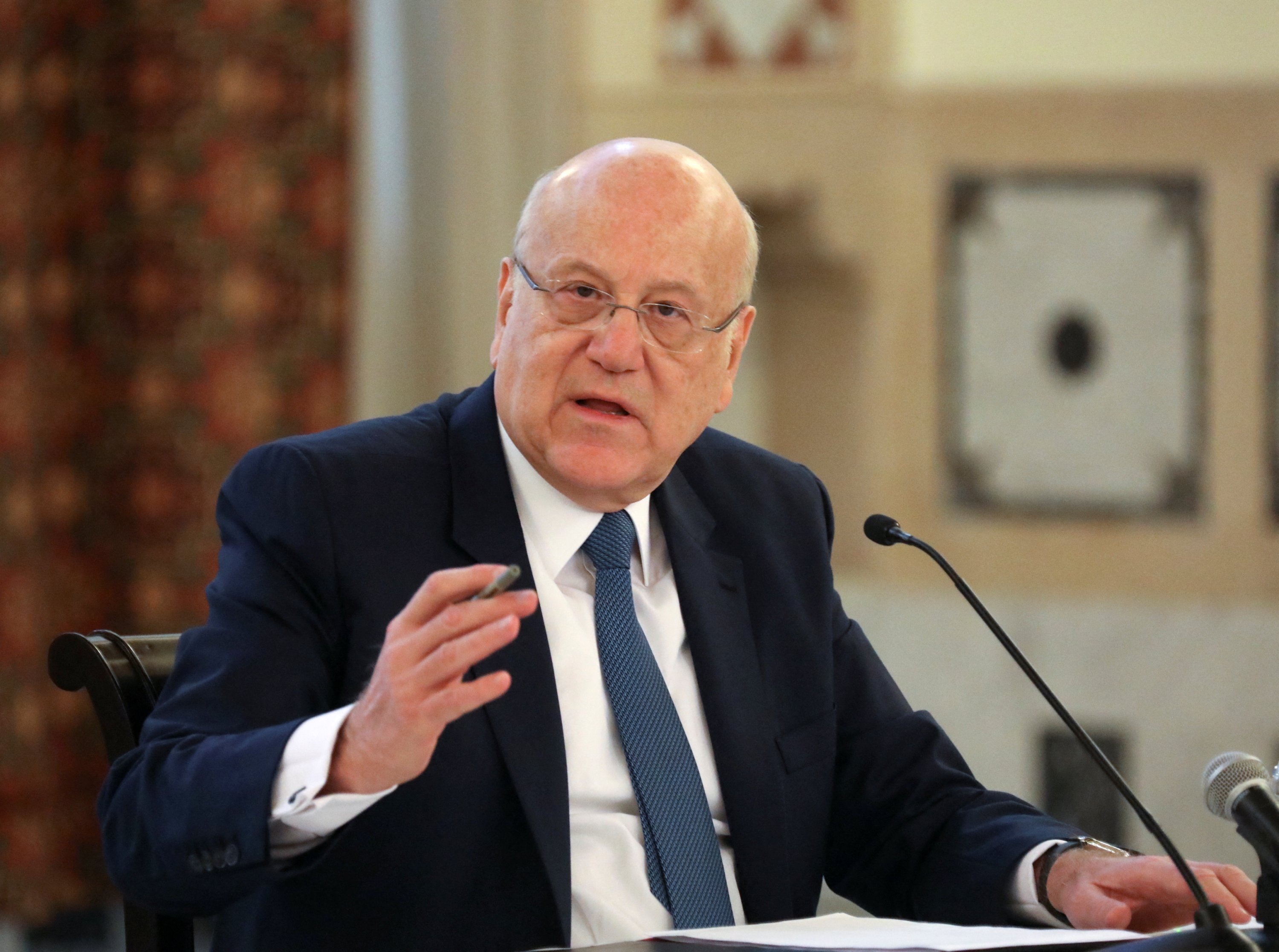Alwaght- Although Hezbollah and its allies in the parliament are pushing for a new government formation as soon as possible to dispose of the political and economic woes in the country, there are many obstacles toughening the way to a solution.
One of the factors driving a disagreement is the insistence of the current caretaker Prime Minister Najib Mikati, who was named for a new term, on forming a government similar to his current one, causing opposition from some parties. Since his naming for a new term, Mikati showed no seriousness to form a new government and has not talked to President Michel Aoun about reviewing the new cabinet list. Actually, Mikati prefers to run the country under a caretaker government until Aoun's presidency term ends in October.
Another divisive point is the distribution of the key posts of finance and foreign ministries. All parties are aspiring to secure them.
Yet another challenge is that some parties want end to the presidency of Aoun, an ally to powerful Hezbollah. They hope to install a Christian figure but opposite to Hezbollah to presidential post to cut Hezbollah's power in the politics. Aoun's term will end on October 31 and now the heated debate is that who will replace him. Figures like Samir Geagea, a leading enemy to Hezbollah, is seeking to take the post to use his clout to deal blows to the resistant movement.
But so far no figure was agreed upon, something making president election, in addition to prime minister election trouble, a new big challenge to Lebanon.
If the political groups cannot reach an agreement on the formation of the cabinet by the end of September, then the formation of the government will be tied to the election of the new president, and considering that there are many differences in this case, the Lebanese crisis will become more complicated than before. While the Geagea-led Lebanese Forces consider their leader to be worthy of the presidency based on the success in the recent general elections, local sources report that Walid Jumblatt, the leader of the Progressive Socialist Party, is willing to support Suleiman Frangieh, the leader of the Marada Movement and the grandson of the former president with the same name who was one of the former allies of Syria in Lebanon.
According to the Lebanese election law, election of a president requires the presence of two-third of the total 128 lawmakers for a quorum. Also, according to the constitution, the president must not only be a Christian, but also a Maronite Christian. These restrictions make it highly difficult to elect a president in a small country like Lebanon with the current divided parliament.
The political deadlock continues in Lebanon while the economic and fuel crises are rife in the country and the depth of this disaster is increasing day by day. Last month, thousands took to the streets to protest the economic crisis, fueling the concerns about the escalation of popular protests.
Foreign interference disrupting government formation efforts
Although some political factions are trying to maintain the political instability in the country to blame Hezbollah as the main cause, foreign actors are also involved in this and block Beirut's exit from the current deadlock.
Having failed to defeat Hezbollah and send their pawns to the new parliament, Saudi Arabia and the US are trying to move Lebanon's developments in line with their plans by their sanctions and sowing divisions. Saudi ambassador has recently met with parties aligned to Riyadh to name a prime minister subservient to the kingdom. Saudis will not allow Lebanon to see calm until they make sure they have sent their puppets in the Lebanese government.
On the other hand, the government formation procrastination by the political parties coms as in recent months, Lebanon has been engaged in indirect talks with the Israeli regime over drawing maritime borders, and since Hezbollah is strongly resisting the Israeli and American excesses and their plots to plunder Lebanon's energy resources in the Mediterranean, Washington wants to maintain the political instability in Lebanon to point the fingers of blame on Hezbollah and label it the serious obstacle ahead of political settlement. The Americans have taken the Israeli side in the maritime border negotiations and are trying to give Tel Aviv the lion share in the joint Karish gas field, but Hezbollah represents a big hurdle ahead of Washington demands.
Hezbollah leaders have repeatedly threatened that if Lebanon cannot use its energy sources, it will now allow Tel Aviv to do so. The White House officials, therefore, are trying to pretend that the movement is hampering an agreement. Washington will not allow the formation of a government in Lebanon until it is sure of the results of border drawing negotiations in favor of the Israeli regime because the presence of a powerful government close to Hezbollah will act to protect the Lebanese national interests, and the alliance between Lebanese groups will prevent Washington and Tel Aviv from implementing their plans. Continuation of political instability in Lebanon works into the hands of the Israelis and the Americans who are abusing Lebanon's political weakness for more privileges in the negotiations.
Despite Hezbollah struggle for exit from the political deadlock, as long as political leaders play in the Western-Israeli-Arab game, the efforts to form a government and settle the economic problems go nowhere. In the current conditions, Lebanon needs all-out unity and Hezbollah is only one part of the community.



























